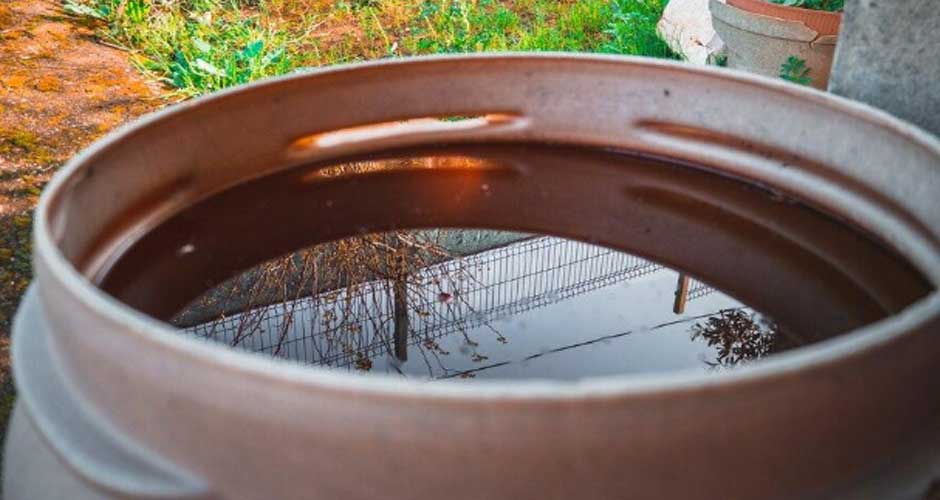Alt Text: small backyard animal farm
In today’s world, conserving energy and growing your food are smart financial decisions and eco-friendly practices. You’re not alone if you’re interested in saving energy and starting a small backyard farm.
Below are some practical tips to help you reduce your energy bills while cultivating a productive and sustainable garden.
Powering Your Backyard Farm with Solar Energy
Backyard farms can significantly benefit from installing solar power systems, which offer multiple advantages, combining cost savings with environmental benefits. These systems generate electricity from sunlight, significantly lowering monthly utility bills while powering essential farm equipment like irrigation pumps and greenhouse fans.
Studies show that homes with solar installations sell for more than those without, adding an average of $15,000 to a property’s resale value.
The environmental and energy independence benefits of solar panels extend beyond financial gains. By generating electricity, backyard farmers can achieve greater self-sufficiency, reducing vulnerability to rising electricity prices and potential grid outages.
Incorporating Chickens into Your Small Backyard Farm
Ready to take your backyard farm to the next level? Add chickens! These feathered friends can transform your garden into a thriving ecosystem.
To get started, check out local farms or agricultural supply stores for baby chicks available. Raising chickens from a young age helps them adapt perfectly to your backyard setup.
Bringing chickens into your small farm offers several benefits:
Fresh Eggs
Once your chickens start laying, you’ll have a consistent supply of organic eggs. Not only do these taste better than store-bought eggs, but they also reduce your reliance on grocery trips, cutting down on transportation energy.
Organic Fertilizer
Chickens naturally produce manure, high in nitrogen and can be composted to create nutrient-rich crop fertilizer. This reduces the need for synthetic fertilizers, helping you save energy and money.
Pest Control
Chickens can serve as a natural form of pest control. They enjoy eating garden pests such as insects and weeds, helping keep crops free from damage while minimizing the need for chemical solutions.
Waste Reduction
Chickens will happily eat kitchen scraps and plant clippings, turning waste into valuable food. This reduces landfill contributions and helps close the loop on waste within your farm.
Starting with young hatchlings allows you to raise them with your particular farm needs in mind, and they’ll quickly become a vital part of your backyard farming system.
Start with Efficient Lighting
LED lighting transforms modern farming practices, offering significant advantages over traditional lighting methods. Key benefits of LED lighting in agriculture:
- Cuts energy consumption by 60%
- Provides customizable light spectra for optimal plant growth
- Enables year-round cultivation in controlled environments
- Improves livestock welfare and productivity
- Reduces long-term operational costs
- Enhances farm safety with better visibility
- Lowers carbon footprint of farming operations
- Offers versatility for different agricultural uses
These energy-efficient lights are helping farmers boost productivity, reduce costs, and improve sustainability across various agricultural applications.
| Fact: As farmers continue to seek innovative ways to optimize their operations, LED lighting stands out as a bright solution for the future of agriculture. |
Harvest Rainwater

Alt Text: bucket filled with rainwater
Collecting rainwater for agricultural use revolutionizes farming practices, offering a sustainable solution to water management challenges.
Advantages of rainwater harvesting in farming include:
- Significant reduction in water expenses
- Improved crop health due to chemical-free irrigation
- Enhanced soil fertility with reduced need for artificial fertilizers
- Conservation of groundwater resources
- Flexibility in irrigation methods and timing
- Increased resilience against drought and unpredictable weather patterns
- Better livestock health through access to untreated drinking water
- Reduced energy consumption associated with water pumping and treatment
- Minimized soil erosion and agricultural runoff
- Greater self-sufficiency and reduced reliance on external water sources
Implementing rainwater harvesting systems can provide farmers numerous benefits that enhance their operations and contribute to long-term agricultural sustainability.
Utilize Efficient Irrigation Systems
Implementing a well-designed irrigation system can transform your small backyard farm into a model of efficiency and sustainability. Critical advantages of installing an irrigation system in your backyard farm include:
- Water conservation through targeted application
- Improved plant growth and crop yields
- Significant time savings with automated watering schedules
- Reduced weed growth and plant disease risks
- Adaptability to various crops and terrain types
- Long-term cost savings on water and fertilizer use
- Enhanced soil health and structure preservation
- Promotion of sustainable and eco-friendly farming practices
These systems conserve precious resources and promote healthier crop growth by delivering water directly to your plants’ roots.
| Expert Tips: Composting is another crucial element. Kitchen scraps and garden waste can be composted to create fertile soil, helping to reduce reliance on synthetic fertilizers. |
Grow Your Farm, Save Energy
Combining energy-saving strategies with starting a small backyard farm is easier than it may initially seem. At the same time, sustainably growing your food brings self-reliance, lowers your grocery bills, and reduces your food’s carbon footprint.
These practices benefit your wallet and contribute positively to the environment. So, get outside and start farming!
